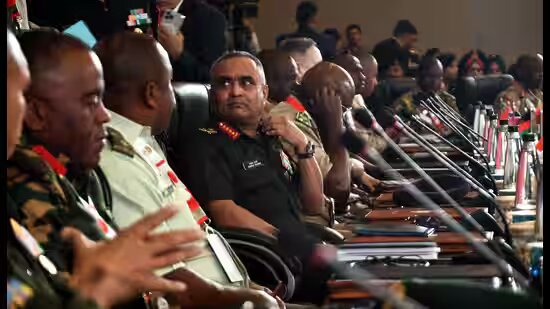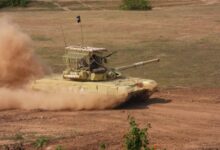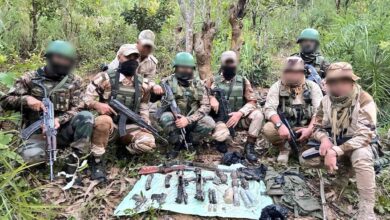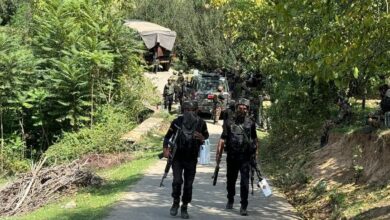Chief Of Army Staff General Manoj Pande: “India And African Countries Are Committed To Peacekeeping”

- Sergeant Ngala EN, who works for the Zambian Army's Corps of Engineers, said, "The Zambian Army does not use dogs and robots to find mines and homemade explosives" (IEDs).
- I got to see how the Indian Army uses dogs in combat for the first time. That was a great chance to learn.
General Mano Pande, Chief of Army Staff, said on Wednesday that India and the African nations were committed to bringing peace and prosperity to the world by dealing with the threats that fighting groups posed to UN peacekeeping operations.
Speaking at the closing ceremony of AFINDEX-23, a joint exercise between Africa and India. Pande said that the United Nations’ (UN) peacekeeping operations help countries that have been torn apart by wars by making conditions for lasting peace. The goal of the joint exercise was not only to train everyone who took part in humanitarian mine clearance and peacekeeping operations, but also to improve cooperation, share best practices, and make sure that all African armies could work together.
The head of the Army said that running UN peacekeeping operations was hard, especially Chapter VIl missions, which deal with threats to peace, violations of peace, and acts of aggression.
“It’s always hard for countries that send troops because they have to deal with the extra challenges of operating in this environment within the rules of engagement. He said, “Exercises like this will go a long way toward helping us all do our military operations well in a UN setting.”
“The use of new-generation technology that we saw during the exercise will make a big difference in how we run our business. He said, “Joint exercises are the best way to build friendships, improve military skills and capabilities, and improve our joint techniques, tactics, and operations procedures.”
The Army chief said again that India had built a strong public and private defense industry as part of a defense manufacturing ecosystem that had a lot of technical workers.
Over the last 10 days, the participating troops went through a very intense training program. The focus of the training, he said, was on techniques for evacuating casualties, helping victims get better, and getting land back into use.
On the last day of the exercise, there were heliborne operations, house-clearing operations, casualty evacuations, and mine-clearing operations, among other things.
The head of the Kenyan Army, Lt. Gen. Peter Njiru, told TOI, “Training is a must for sharing knowledge and skills to deal with modern security problems. This exercise will teach us how to use military diplomacy and work smoothly with different groups.”
About 75 defense products from 32 Indian companies were shown at the venue, which was visited by African army chiefs, their representatives, and people from other African countries.
Sergeant Ngala EN, who works for the Zambian Army’s Corps of Engineers, said, “The Zambian Army does not use dogs and robots to find mines and homemade explosives” (IEDs). I got to see how the Indian Army uses dogs in combat for the first time. That was a great chance to learn. I learned how to run robots and other systems that look for mines and IEDs.







Facebook Comments